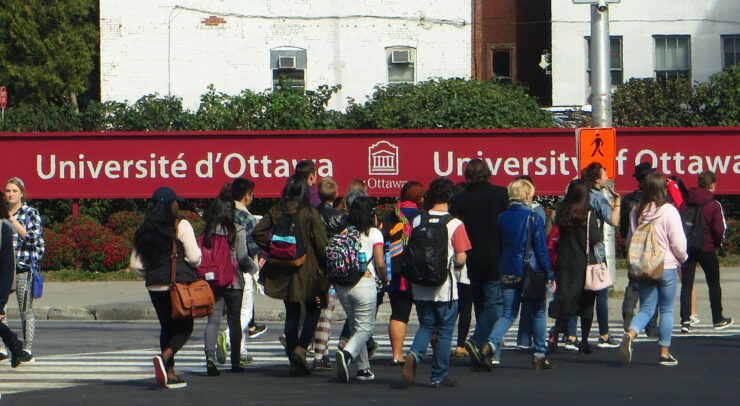The importance of wearing masks to prevent transmission and illness is a lesson learnt; to remember once the COVID-19 crisis is over
Dear Editor
It’s a new century and a novel virus is sweeping the globe. Vast numbers of the global population are under a semi-quarantine. As cases mount, medical authorities are urging the wearing of masks to help slow the spread of disease. Although many comply with this new regime there is still a vocal opposition. Responding to increasing tensions, local authorities adopt new regulations where “mask slackers” can be ticketed, fined, and imprisoned.
Sound familiar?
Although the world has faced several pandemics in the last 100 years, the deadliest was the 1918 influenza pandemic, also known as the Spanish flu. Caused by the H1N1 influenza, the virus infected 500 million people – about one third of the world’s population at the time – and killed an estimated 50 million people. At present, COVID-19 has infected just over 55 million people resulting in 1.33 million deaths. These comparative low numbers can be partly attributed to modern science. Unlike those fighting the 1918 pandemic, our health care workers have better protective equipment, as well as ventilators that can be provided to the extremely ill. Our scientists know not only how to isolate a virus and can find its genetic sequence to model and develop antiviral drugs and a vaccine.
By 1918, the use of masks in medical settings was widespread as doctors knew the importance of maintaining sterile conditions. Similar to COVID-19, health officials of the time were aware that influenza was a respiratory disease spread through droplets. Therefore then, like now, masks were a useful tool to contain the virus. Their use was widely recommended and made mandatory in some American cities. However, as the number of cases and deaths decreased, recommendations and regulations to wear masks were relaxed and eliminated. The use of masks during a public health crisis; seemingly forgotten until COVID-19.
Science and medical knowledge have come a long way in 100 years; yet history has repeated itself when it came to the use of masks.
Western countries have a long-standing stigmatization against masks. As noted in the New York Times, during the 1918 influenza pandemic, “masks were called muzzles, germ shields and dirt traps.” They were also said to give people a “pig-like snout.” Additionally, Harvard School of Public Health’s study following the 2009 H1N1 outbreak cited people as being unwilling to wear masks in public due to feeling embarrassed, criticized and even unattractive.” Similar sentiments to those expressed at the beginning of the current pandemic.
Another issue stems from the fact that wearing masks means accepting that community welfare supersedes individual preference. Both the 1918 and current pandemic have individuals who saw masks as an infringement on their personal freedom.
With over 90 per cent of North Americans admitting that they have gone to work while sick, the importance of wearing masks to prevent transmission and illness is a lesson learnt; to remember once the COVID-19 crisis is over. We should not have to wait for another global pandemic to remind us of lessons learned.

Rhyanna Melanson is a recent University of Ottawa graduate with a bachelor of science in biology. When COVID-19 becomes a thing of the past and the world reopens, she plans to continue her education working towards a masters degree in science and health communication. She currently works for the Government of Canada at Fisheries and Oceans.





